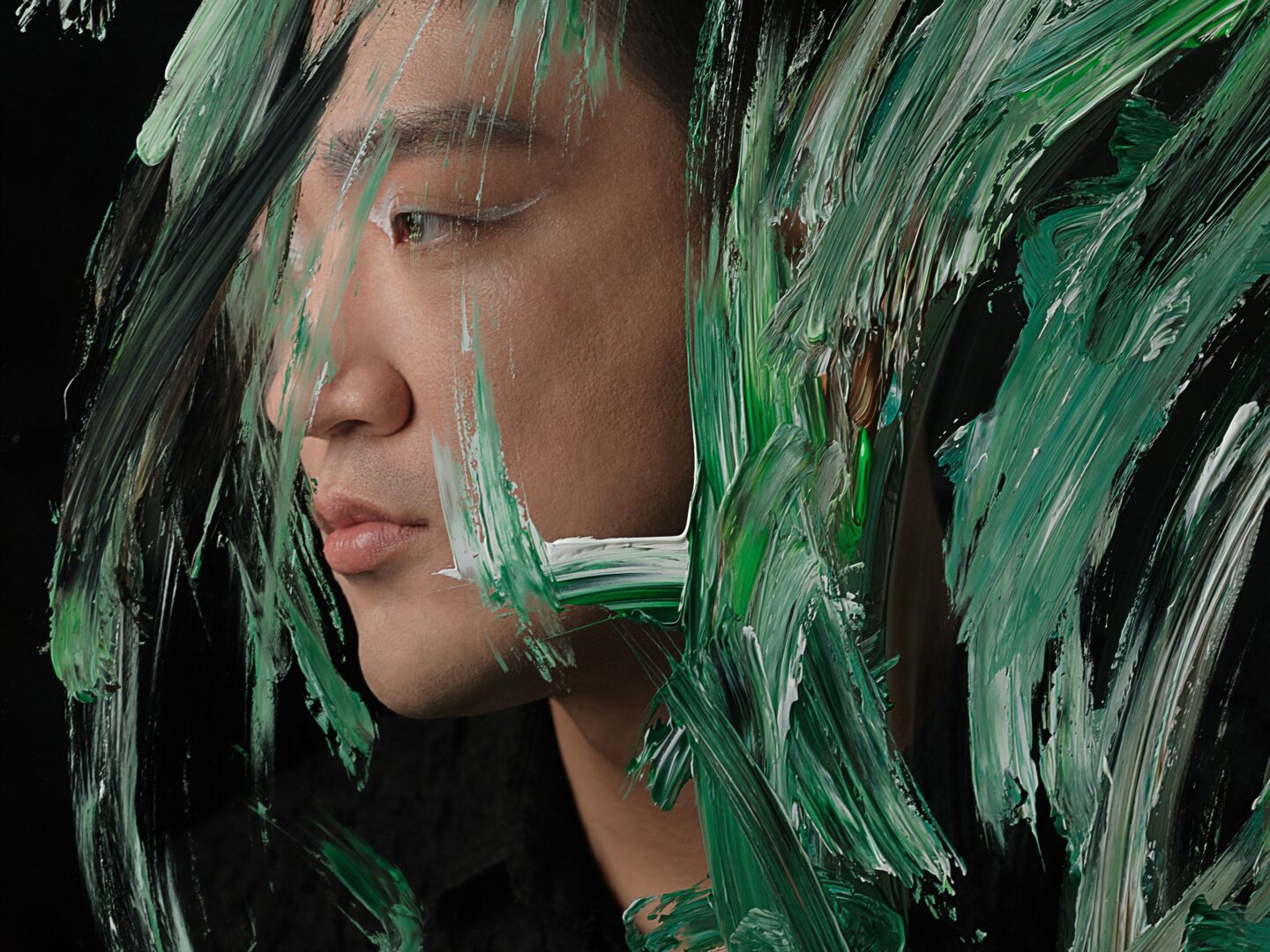We caught up with the brilliant and insightful YoungJun Lee a few weeks ago and have shared our conversation below.
Hi YoungJun, so excited to have you with us today, particularly to get your insight on a topic that comes up constantly in the community – overcoming creativity blocks. Any thoughts you can share with us?
When I experience writer’s block, I tend not to dwell on it. Instead, I shift my focus to other productive activities—meeting people, attending performances or exhibitions, or simply engaging with different forms of art. Surprisingly, many of my ideas come not from music itself, but from other disciplines. I often find inspiration in visual gestures from paintings, academic texts, or through conversations with others. Dance and theater, in particular, offer rich sources of non-musical imagination.
One thing I deliberately avoid is listening to contemporary music by other composers while I’m writing. I find it can too easily influence my own musical thinking.
If a piece I’m working on is based on a specific non-musical theme—say, for example, it’s about roses—I immerse myself in that subject. I might explore academic papers, documentaries, YouTube videos, or field recordings. Through this process, I might discover the structure of rose thorns, the genetics behind their fragrance, or the sound of rose petals rustling—details that could spark new and unexpected musical ideas.
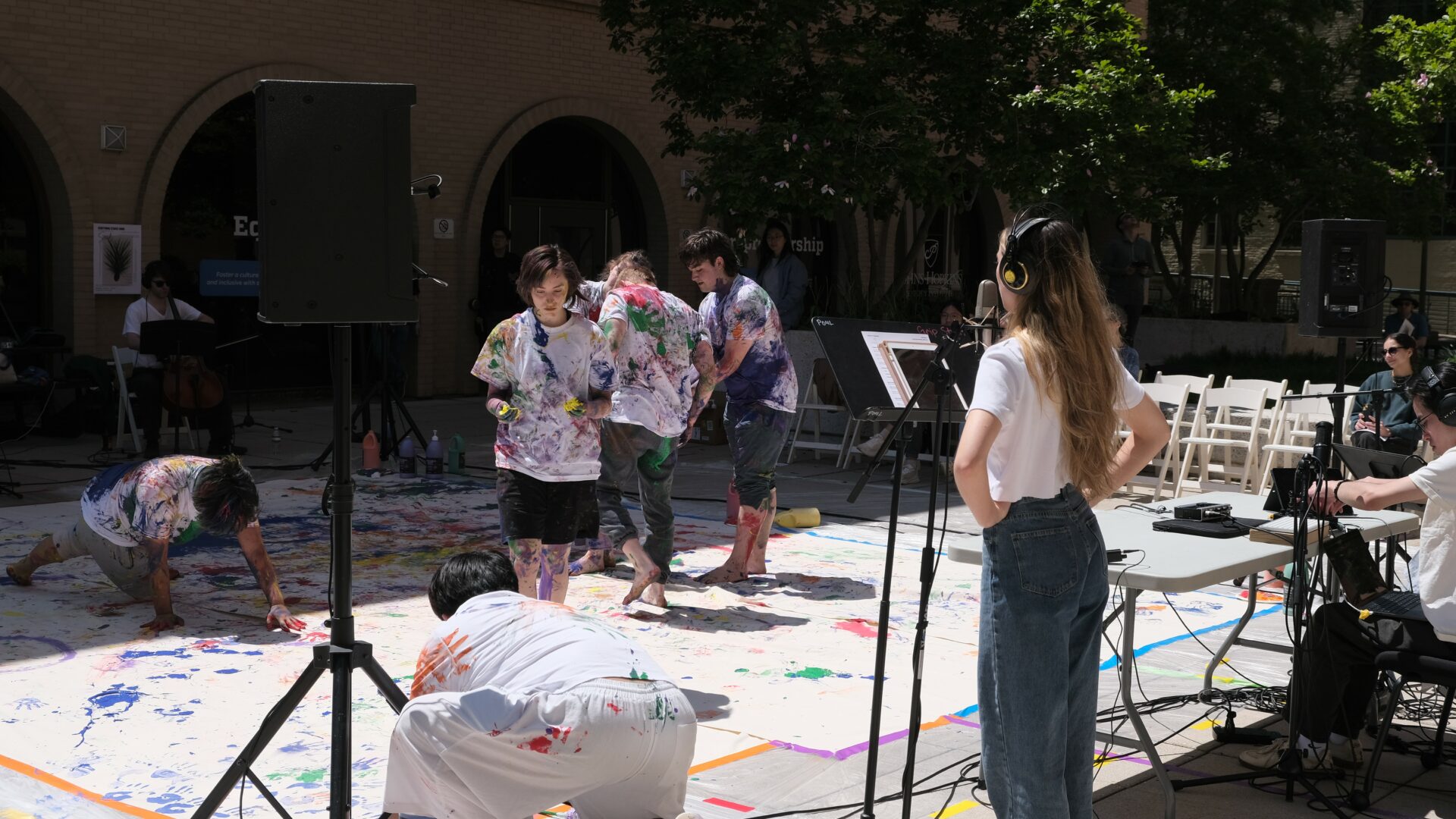
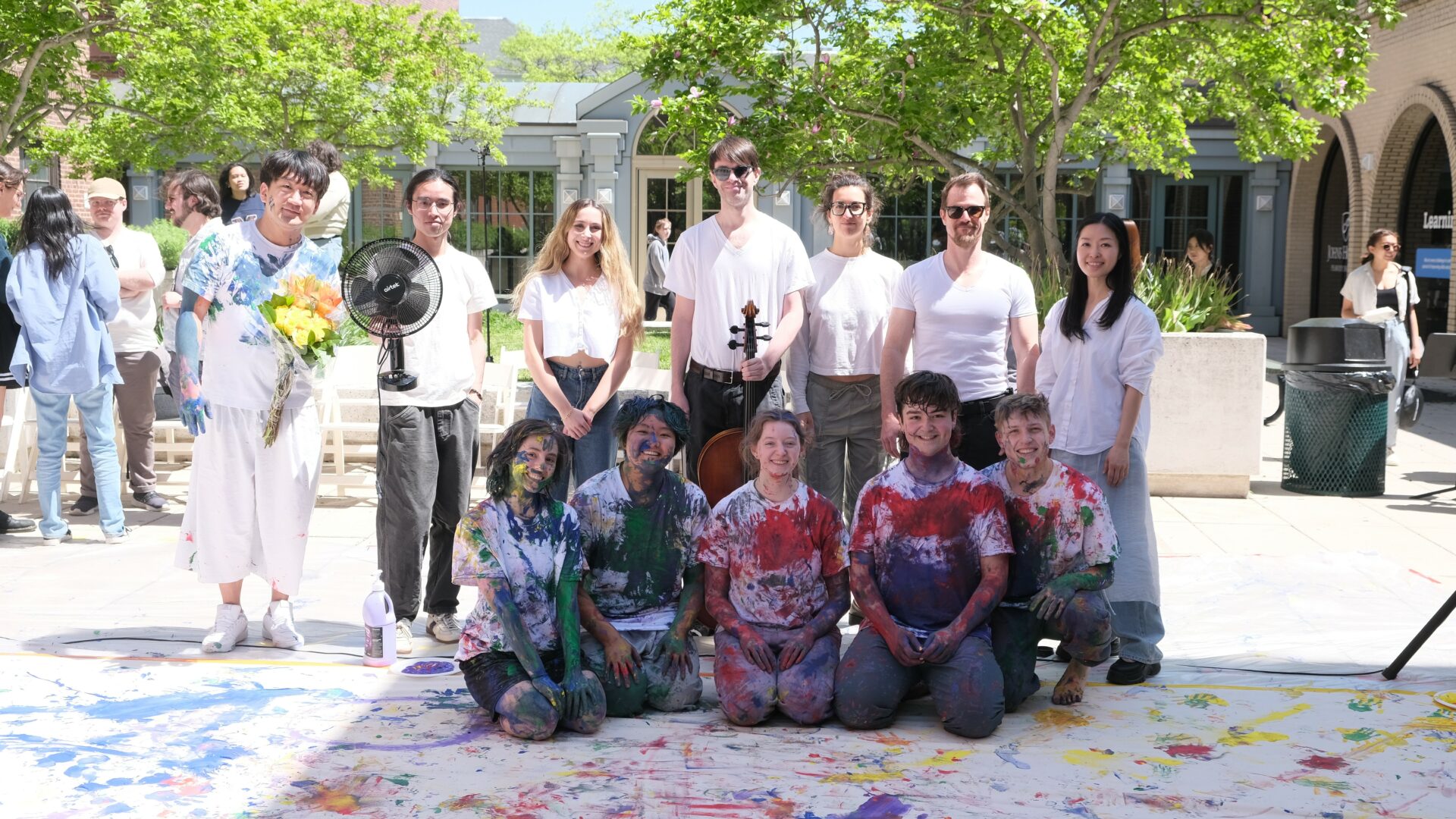
Appreciate the insights and wisdom. Before we dig deeper and ask you about the skills that matter and more, maybe you can tell our readers about yourself?
As a composer and interdisciplinary artist, my work often explores the intersection of music, movement, and visual expression. One of the projects I’m especially proud of is Seeds, an improvisational performance cycle dedicated to the graduating students at Peabody Conservatory. It brought together musicians, dancers, engineers, and visual artists in a live, generative process: music inspired movement, which created paintings through body-paint interaction, which then became graphic scores for further musical improvisation. The final canvas was cut and shared with the audience—symbolizing the scattering of students into the world, each carrying a piece of collective memory and growth.
This project, for me, embodied how collaboration across disciplines can give rise to powerful metaphors for transition, transformation, and letting go.
In addition to my artistic practice, I’m in the process of officially establishing New Uncertainty Collective as a nonprofit organization. What began as a grassroots initiative among fellow composer-performers has evolved into a platform for experimental, socially engaged music-making. We curate concerts and workshops that center dialogue, risk, and the reimagining of community. Our recent programs include performances in Baltimore, Washington D.C., and Seoul, and we’re continuing to expand both geographically and artistically.
I’m also honored to be a 2025 artist-in-residence at MacDowell, one of the most prestigious artist residencies in the U.S. This opportunity will allow me to focus on a new large-scale interdisciplinary work, deepening my exploration of sound, memory, and embodied experience.
Whether through collective organizing or solitary creation, I’m most excited by the unpredictable—and often profound—ways that art can help us understand where we are, and imagine where we might go next.
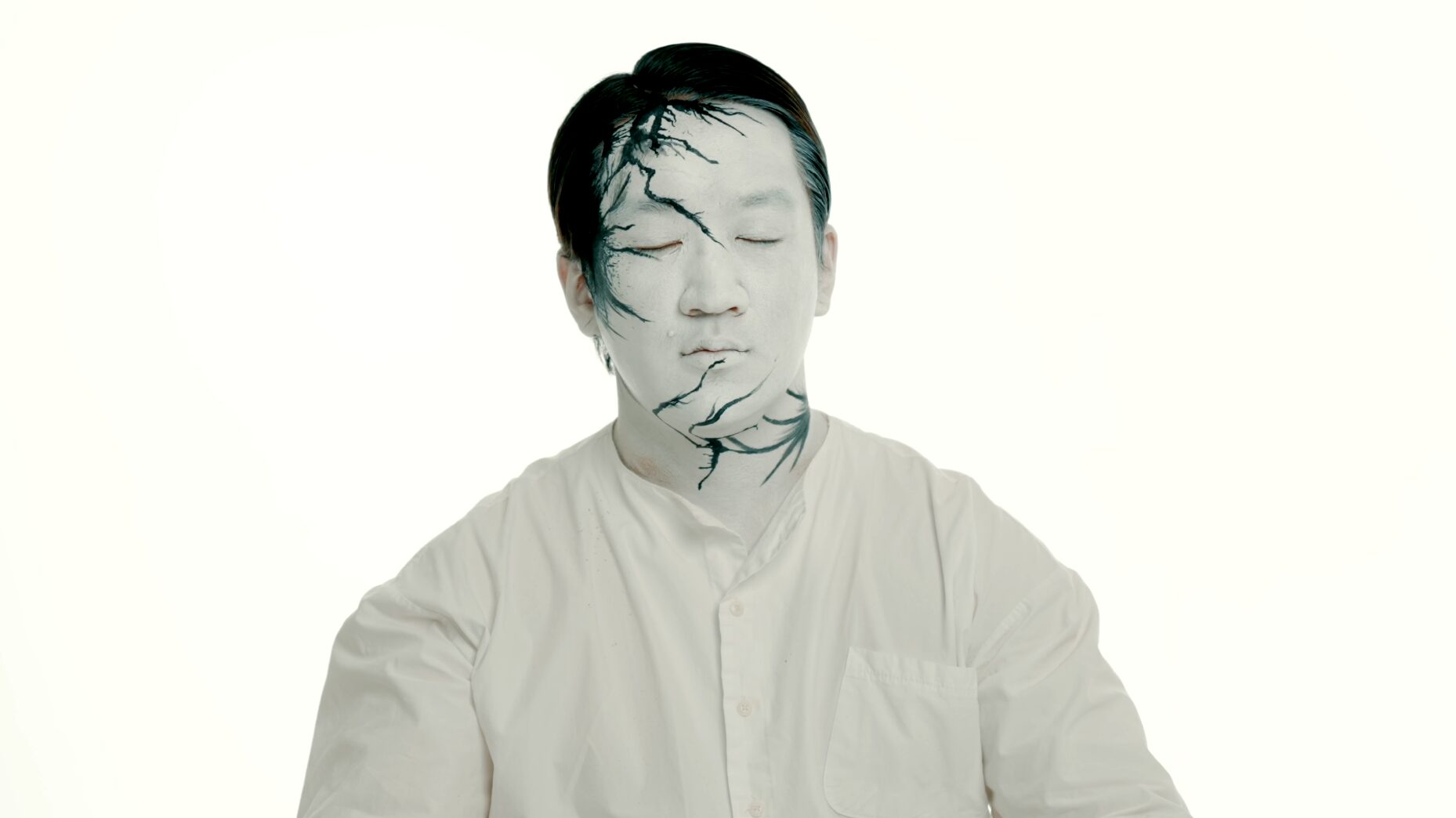
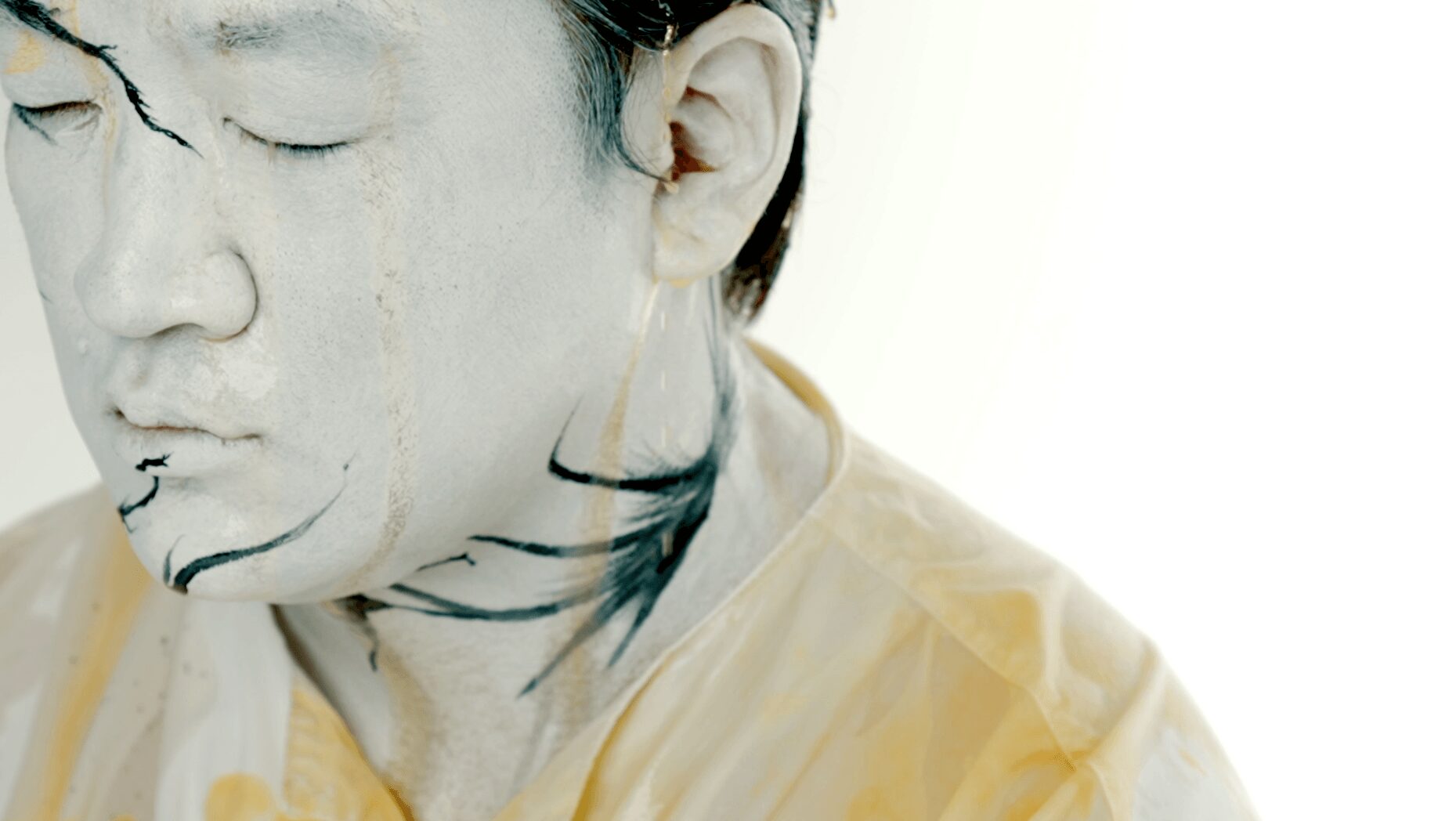
If you had to pick three qualities that are most important to develop, which three would you say matter most?
I believe the most important skills in my field are communication, initiative, and creativity.
As composers, we cannot do anything alone. The nature of our work requires collaboration with performers, engineers, and many others to bring a piece to life. Creativity, of course, is essential—but it doesn’t appear out of nowhere. It often emerges through deep conversations with others, relentless research, or the pursuit of curiosity across different disciplines.
Equally important is initiative. Every composer I know is full of bold and imaginative ideas—but turning those ideas into reality is another matter entirely. No matter how wild or visionary a concept may be, it doesn’t exist in the world until we make it happen. That means taking action, even if it risks criticism or failure.
If you’re just beginning your journey as a composer, I encourage you to share your work—constantly. You’ll always find things you want to improve in hindsight, but that’s part of the process. Even the most celebrated composers have their detractors. Over time, as you grow more comfortable with rejection and critique, you’ll also begin to find the people who resonate with your voice. And that’s how you find your audience—and your artistic community.
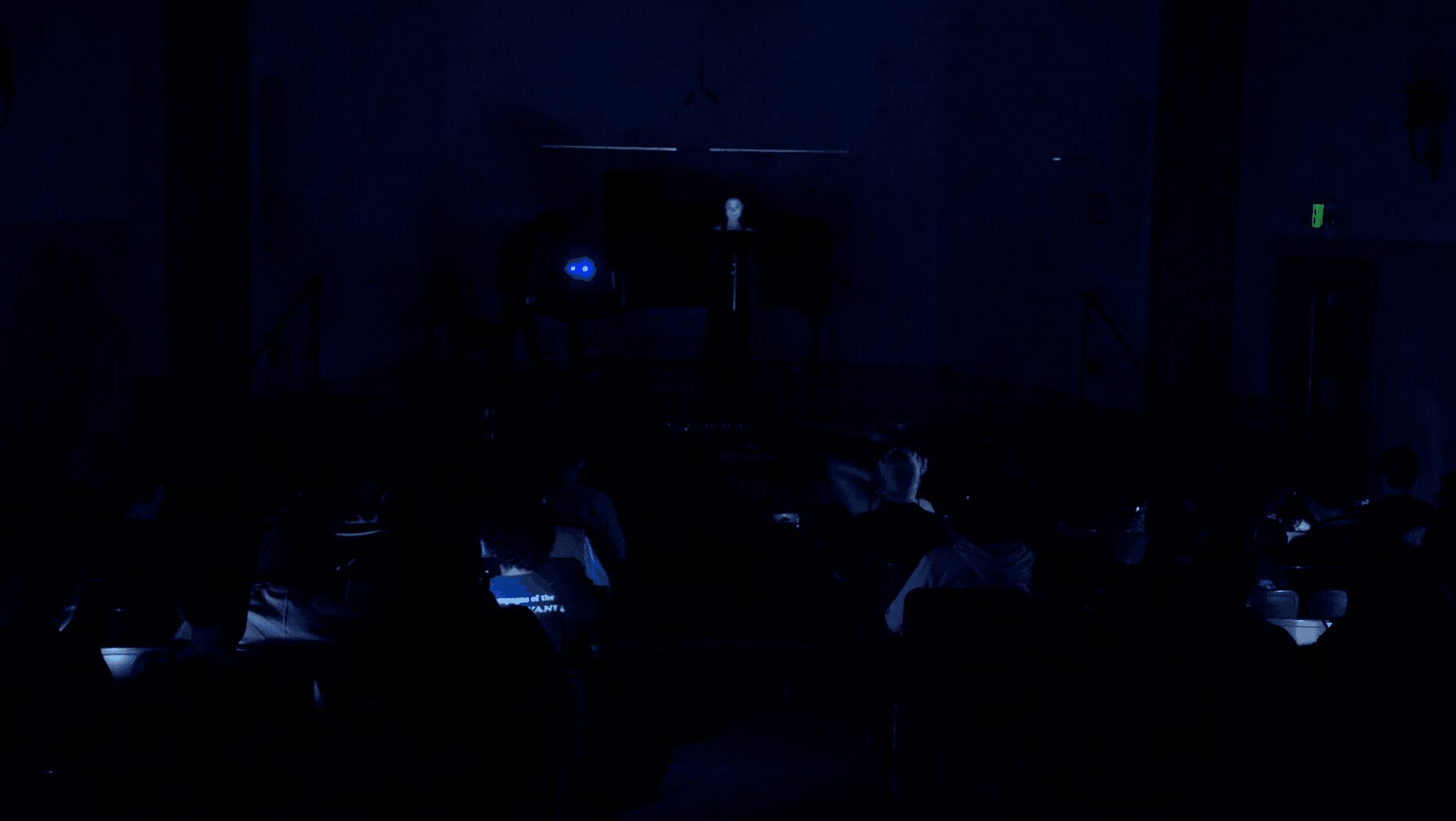
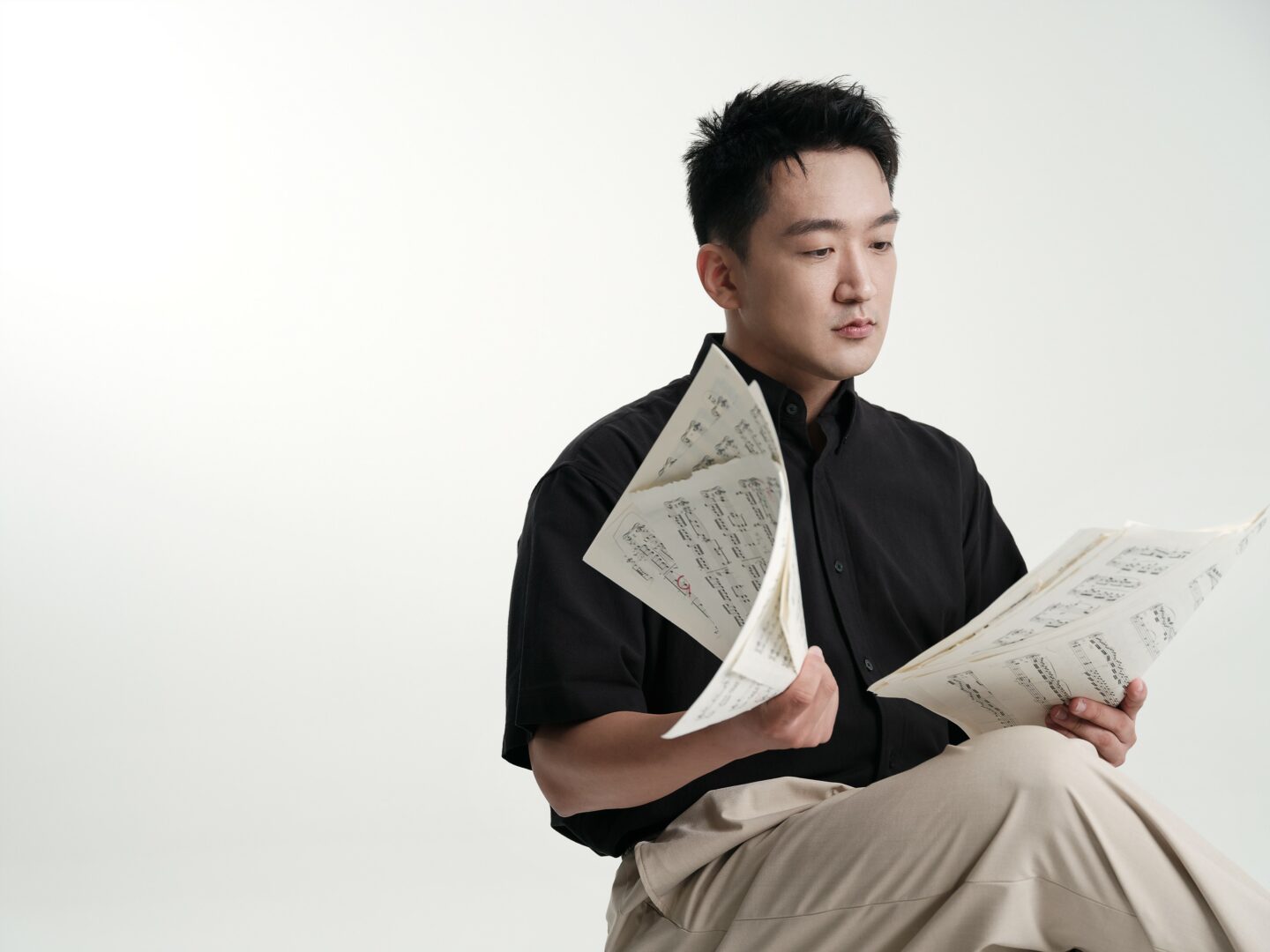
How can folks who want to work with you connect?
Absolutely—I’m always open to collaboration, especially with individuals from diverse disciplines. Whether you’re a scholar, dancer, makeup artist, visual artist, sculptor, writer, filmmaker, or sound engineer—if you’re curious about contemporary art and eager to explore something new together, I’d love to hear from you.
You don’t need to have a background in contemporary music. In fact, some of the most inspiring projects I’ve been part of came from conversations with people outside the field. I believe that every collaboration is an opportunity to learn, grow, and discover new ways of thinking and creating.
If you’re reading this and feel a spark of interest, please don’t hesitate to reach out. You can email me at youngjunleonlee@gmail.com or send me a message on Instagram at @youngjunleonlee. I’d be genuinely excited to connect and imagine what we might create together.
Contact Info:
- Website: http://youngjunleonlee.com
- Instagram: http://instagram.com/youngjunleonlee
- Facebook: http://facebook.com/youngjunleonlee
- Youtube: http://youtube.com/@youngjunleonlee
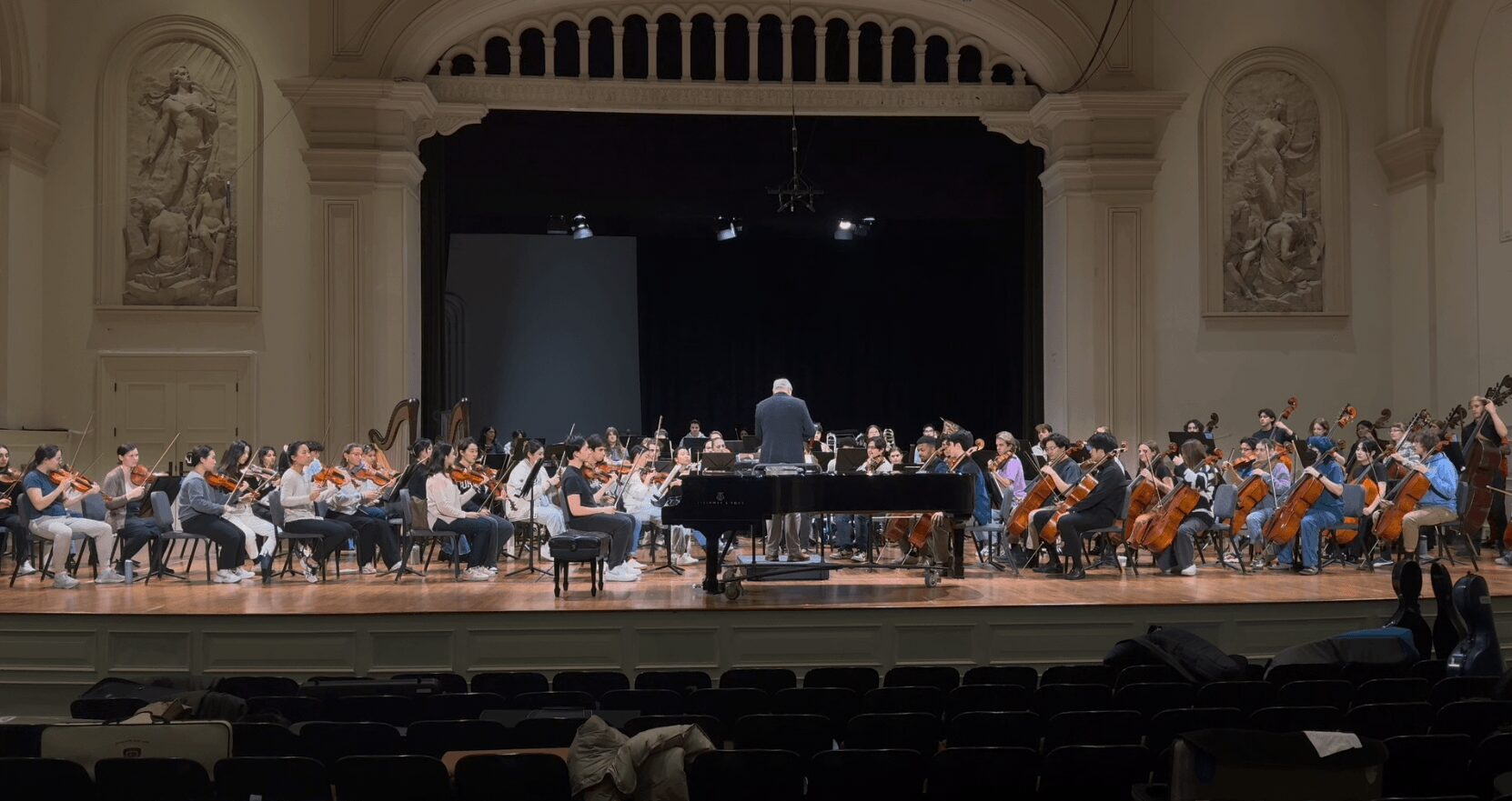
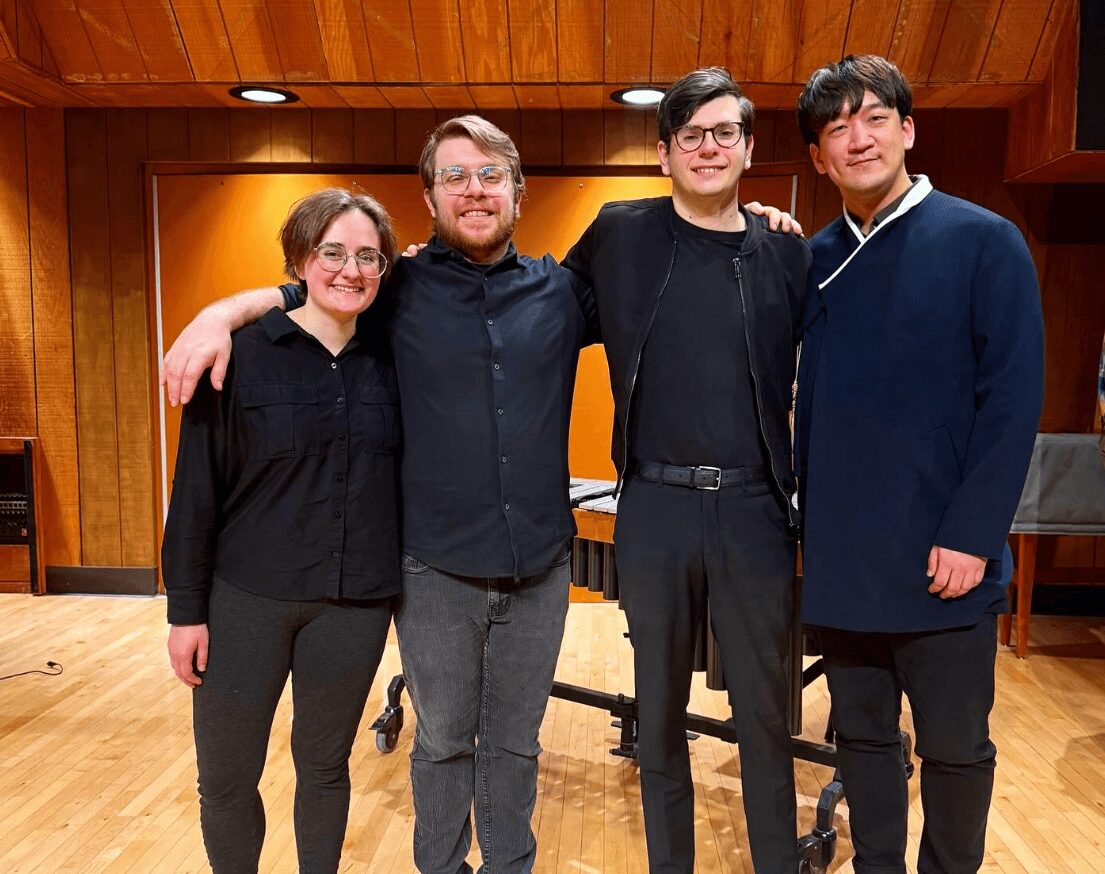
Image Credits
Daehoon Kim, Studio BOBS
so if you or someone you know deserves recognition please let us know here.

